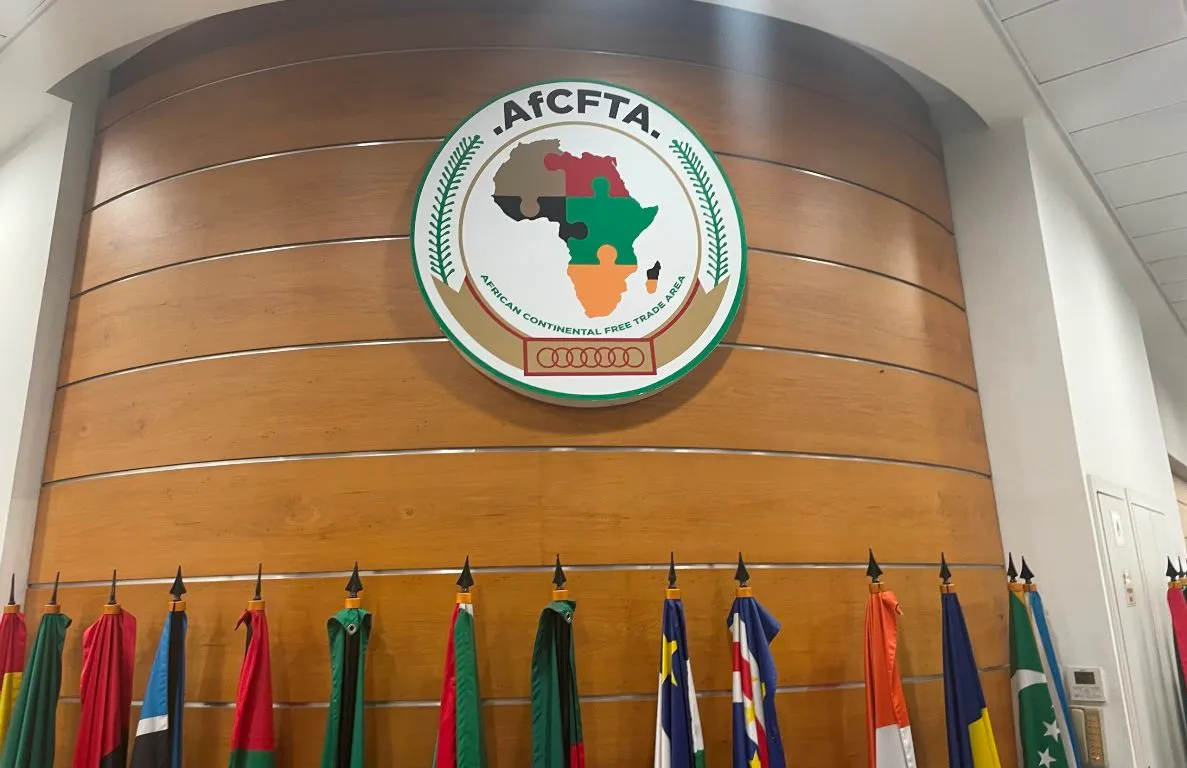Professor Adeolu Ayanwale has called on the Federal and State governments to prioritise digital training for farmers to end food insecurity.
This was disclosed by Prof. Ayanwale during a training and capacity development workshop organised by the Commonwealth of Learning, Canada, according to The Punch.
Ayanwale is a Professor of Agricultural Economics at the Obafemi Awolowo University, Ile-Ife, Osun State.
Agricultural and Rural Management Training Institute, Ilorin, and Obafemi Awolowo University partnered to organise the workshop.
Commenting, Ayanwale said that digital training is necessary to ensure enhancement and increase agricultural production.
He said, “Digital training simply means teaching farmers how to use digital tools on their farms and in various phases of their crops’ value chain—crop production, crop growth and development, crop marketing, etc.
“The Federal Government should embrace teaching farmers how to use digital devices, such as phones, radio, and internet, for production and marketing, so that they can begin to market their produce on WhatsApp, Instagram, Facebook, and Twitter, among others.
“This will go a long way in helping to improve and replicate for youth and women farmers how to improve their farms’ productivity and eventually enhance the food security of the nation.”
In addition, “We have trained over 500 arable crop farmers, but mostly vegetable farmers, in three phases of the workshop. The fourth phase will be coming up in August 2024.
“Our training is all-encompassing as we train the farmers in how to plant, grow, preserve, package, harvest, transport, market, and export their produce. Also, we talk about developing a savings culture, and accessing financial support from the Bank of Agriculture,” he added.
Meanwhile, the Executive Director of the Agricultural and Rural Management Training Institute, Oladunni, said that vegetable farmers should take advantage of the training they are receiving on spacing as regards fertilisers.
Oladunni advised them against the application of fertiliser during the rainy season and at times opt for organic manure instead of regular inorganic fertiliser to grow an ecologically friendly crop.
Recall the World Bank in its 2023 report had projected that 26.5 million Nigerians would be food insecure in 2024.
The report also stated that approximately 9 million children are at risk of suffering from acute malnutrition or wasting.










